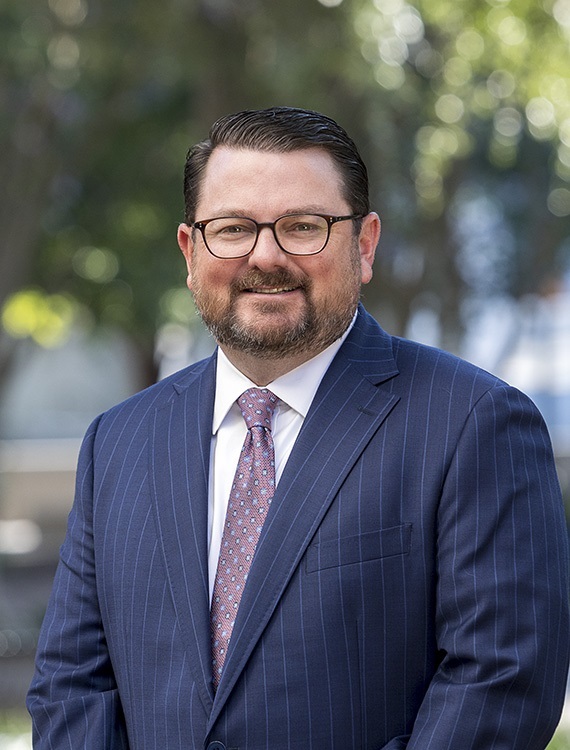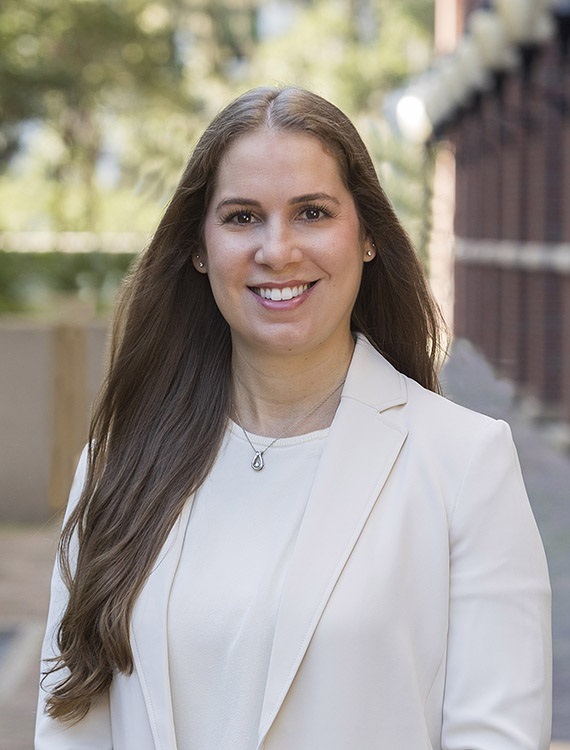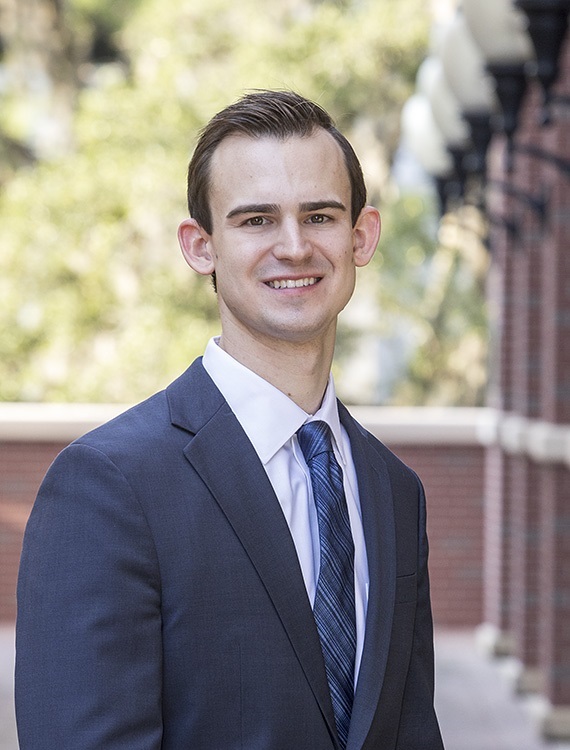FP&L rate hike debate on Web
By SARA KENNEDY
skennedy@bradenton.com
MANATEE — When Florida Power & Light Co. goes before the Public Service Commission on Monday to seek a $1.3 billion rate hike, consumers will be able to follow the deliberations gavel-to-gavel on their home computers.
The hearing is expected to be contentious and lengthy, according to observers.
Through the PSC web site, http://www.psc.state.fl.us/agendas/audiovideo/index.aspx, consumers will be able to monitor discussions about the proposal that would tack an additional $12.40 a month onto the typical residential customer’s bill. That estimate is from the Office of Public Counsel, which represents customers in utility cases.
Approval of FPL’s $1.3 billion rate hike request would mean an increase in base rates over two years of approximately 31 percent, beginning in January, according to statistics provided by the Office of Public Counsel.
On Tuesday, electronic media provided coverage of PSC discussions about whether the salaries of utility company employees should be publicly revealed as part of upcoming rate cases involving FPL and Progress Energy Corp.
The PSC unanimously voted to force FPL and Progress Energy to publicly release their executive salary data, but FPL said it would challenge the decision, according to a Miami Herald/St. Petersburg Times report.
TV, Internet and audio coverage of the PSC allows people to watch and listen to their government in action, said Barbara Petersen, president of the First Amendment Foundation, a nonprofit agency based in Tallahassee that advocates for citizens’ rights to observe government.
“We don’t have to be in Tallahassee to hear a very important issue to a lot of people — utility companies are seeking unprecedented rate hikes,” she added. “It allows greater access and involves and sparks more interest in citizens and the issues happening in their government.”
Beth Switzer, executive director at WFSU-TV/The Florida Channel, a Tallahassee station that broadcasts a variety of meetings, conferences and hearings of bodies like the PSC and the Florida Legislature, said the open forums are “good for democracy” because they spur interest and understanding among voters.
“The more citizens watch, the more trust they have because they can watch the decision being made,” she said. It’s also an advantage because politicians get greater feedback from their constituents, who have been following various issues, Switzer said.
The PSC encourages citizens to tune in, said Kirsten Olsen, a spokeswoman for the commission, which oversees Florida’s utility companies.
“I think it’s fair to say we’d like more people to watch and know the effort we’re putting into the issue that’s come before us,” she said. “A lot of people watch it. I go home, and my husband’s watching it.”












